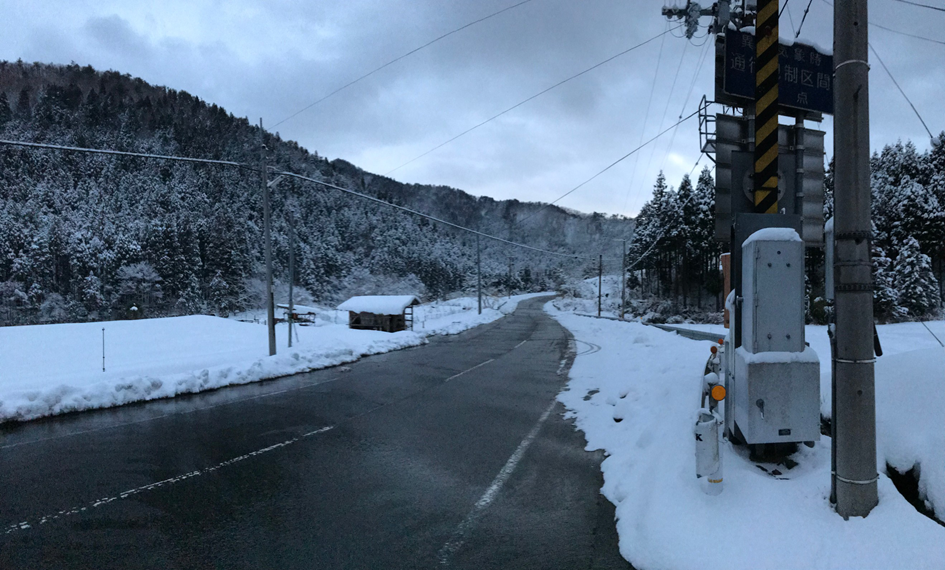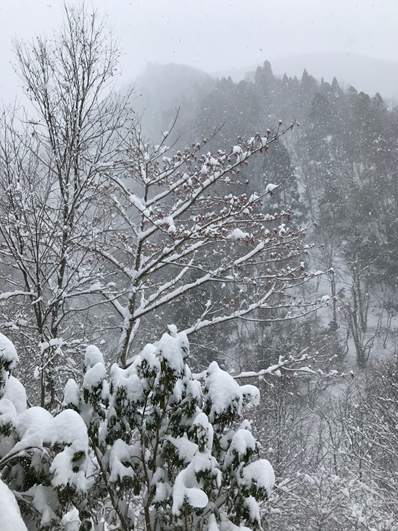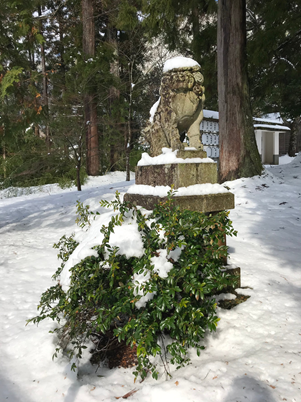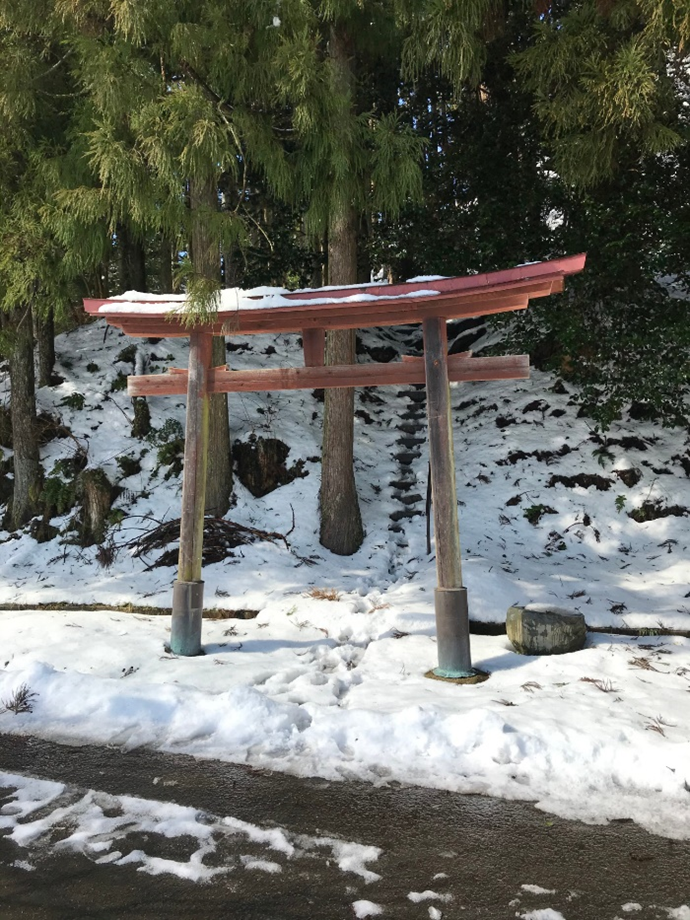By Antonia Vesting
Apart from small projects at school and later at university, I had little experience in field research. By conducting my first fieldwork in Japan one could say that I plunged into the field headfirst. During my time at Waseda University, I learned about methods for conducting interviews. This however did not reduce my worries as a rather inexperienced fieldworker. Fortunately, I was not alone. My professor for rural development at Waseda University, who happened to be familiar with the region from his time as a student at Kyōto University, agreed to accompany me. This was truly a lucky coincidence!
As we stayed in Kyōto, we had to drive back and forth to the interview locations every day. Initially I had planned to stay at my friend’s house in Miyama but due to the advancing Covid-19 pandemic, she was worried that her neighbors would be anxious about having people from Tōkyō visit. Luckily, my interlocutors and my friend did not share this opinion and we could meet in person to conduct the interviews. As I have a driver’s license but no routine in driving, I was especially thankful for not having to drive the winding mountain roads that lead to Miyama and which are often frequented by deer at night. Taking these 70 minutes drives to and from Miyama also had their upsides: aside from long and interesting talks, I learned a lot about rural development and the practice of interviewing.
Copyright ©Antonia Vesting 2020
Returning from a long day in the field, creeping into my hostels dormitory late at night and collapsing on the futon with utter exhaustion, I found that field research and interviewing can be a very positive and enriching experience. Having completed all obligatory language-classes before going to Japan, my Japanese improved drastically during my half a year stay in Japan and transcribing the interviews further boosted my language-skills (not to mention personal growth and unforgettable experiences and insights). Still, there remain points for improvement.
Considering that I conducted research only for my bachelor’s thesis, my sample of interlocutors was very small, and I gained access to them through only one gatekeeper which induced some bias in my study. Furthermore, one of the interviewees only agreed to an interview for a small monetary compensation, which, as I learned afterwards, could negatively affect the credibility of the interview’s content. After returning to Germany, I found that there had been other studies on I-Turners to Miyama in Japanese, which rendered my research less relevant regarding novelty of findings and insights (not relevant for bachelor’s thesis but for later academic research). Nevertheless, this scholarship proved useful to compare my findings. I also was very conscious about the handling of interview data in respect to data security and the protection of privacy of my research participants.

Copyright ©Antonia Vesting 2020
Being now in the second semester of my master’s studies at Freie Universitāt Berlin, I have come to look back at the time of conducting interviews in Miyama in a new light. With my experience from visiting Miyama for the first time in 2016 as a backdrop and with the new knowledge and input, I gathered during my research in 2020, I now reevaluate my first experience of doing fieldwork in Japan. Reflecting on this first fieldwork experience and learning more about qualitative methods as parts of my master’s degree curriculum, I will hopefully enhance my research skills and avoid some of my initial mistakes in my upcoming projects.
I am very much looking forward to putting this new knowledge into practice when doing fieldwork in Japan again in the (hopefully) near future.

Copyright ©Antonia Vesting 2020
Antonia Marie Vesting is a MA student in Freie Universität Berlin’s Japanese Studies program. She received her bachelor’s degree from Hamburg University with a BA thesis on lifestyle migration in Kyōto Prefecture. She has presented results from this research in an earlier blogpost.


